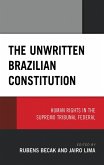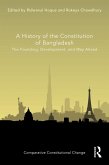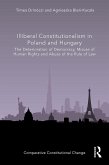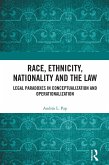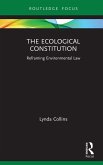The Unwritten Brazilian Constitution offers an unexplored topic outside Portuguese language: the leading cases on human rights in the Brazilian Supreme Court (Supremo Tribunal Federal - STF). The Brazilian Constitution of 1988 represents an institutional framework able to restructure the relationship between the powers after the military dictatorship. The constituents drafted the Brazilian Constitution in order to set an extensive system of judicial protection for fundamental rights, by means of several instruments that have strengthened access to the Judiciary. Because the Brazilian Constitution has an extensive list of fundamental rights, the STF was called to interpret them several times and it developed an unwritten understanding of these fundamental rights. These decisions are not available to the international community since they are not translated to English. Based on this gap, this original book illustrates the main rulings on human rights analyzed by great scholars in Brazil. The text presents a deep discussion regarding the characteristics of the cases and demonstrates how the STF has built the legal arguments to interpret the extension of the fundamental rights.
Bitte wählen Sie Ihr Anliegen aus.
Rechnungen
Retourenschein anfordern
Bestellstatus
Storno



